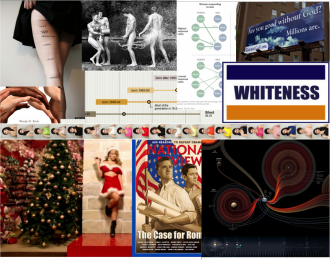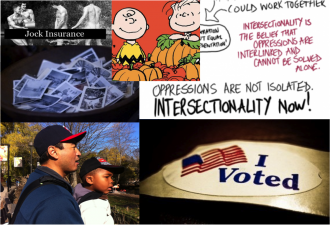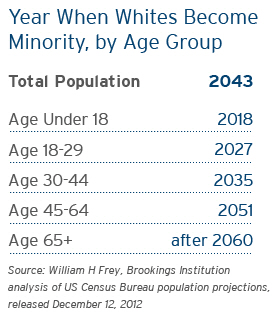So, did you see the Saturday Night Live spoof “The Day Beyonce Turned Black” yet? It’s pretty amusing—from the opening sequence (“For white people, it was just another great week. They never saw it coming. They had no warning…”) to the line “Maybe this song isn’t for us… but usually everything is!” and finally the white mom who was so freaked out she thought the music turned her daughter black (forgetting they had invited her African-American friend and mom for a play date). The SNL send-up is also, in my view at least, a pretty good example of comedy rooted in sociological analysis and commentary.
I don’t know who actually wrote the skit, but it reminded me of a line that one of the newest cast members Leslie Jones offered in a profile in The New Yorker (January 4, 2016) last month. (She plays the African-American mom in the play date scene of the sketch). Jones said, of working with the mostly white men on the SNL writing team, “One thing I learned: they’re not racist. They’re just white. They don’t know certain things.”
I don’t know if she meant to get a laugh here (Jones’s comedy can be as unsettling as it is hilarious, at least for a white guy like me), but there’s solid sociological insight behind it. In recent years, scholars studying white culture and identity have emphasized at least two different kinds of things whites don’t really know about or are blind to:
- Privilege. Too often, whites just don’t realize that the disadvantages and injustices people of color face in this country and all over the world are intimately connected with their own advantages. Where there is disadvantage, there must be advantage, so…
- The normativity of white culture. This speaks to the fact that white cultural beliefs and values are so dominant culturally, so taken-for-granted, that they aren’t even realized as something specific or unique. The idea that there are other ways to see things, other ways to make sense of events, music or movies, political causes or candidates—it’s incredibly easy to think there’s a unique “black point of view” without recognizing that means a “white point of view,” as well.
None of this is too suggest that there isn’t racism, or that some, perhaps many, whites, are racist in some quite basic ways. But it is to say that more than a few of the problems of race in this country spring from a lack of awareness of the realities and nuances of others’ lives (not to mention their own) that white people have the privilege of never attuning to. And some sociologists have even upped the ante with terms such as “colorblind racism” (Eduardo Bonilla Silva) or “laisse faire racism” (Laurence Bobo), which are intended to suggest that this ongoing unawareness, this comfortable complicity of white Americans with the racial status quo, is itself a form of racism.
Confucius is often credited for the saying, “True wisdom is knowing what you don’t know.” Whoever said it, they were on to something. When it comes to race in the United States, many of us white folks would do well to pay more attention to the basic facts of the society we live in, as well as how Americans of color understand and experiences these realities on a daily basis. And maybe then we’d be less astounded by Beyonce suddenly becoming black (though her transformation has been dramatic and somewhat unexpected I think, even for people of color), and more interested in the visions of Blackness and race relations more generally she is now trying to call attention to in this Black Lives Matter moment.



